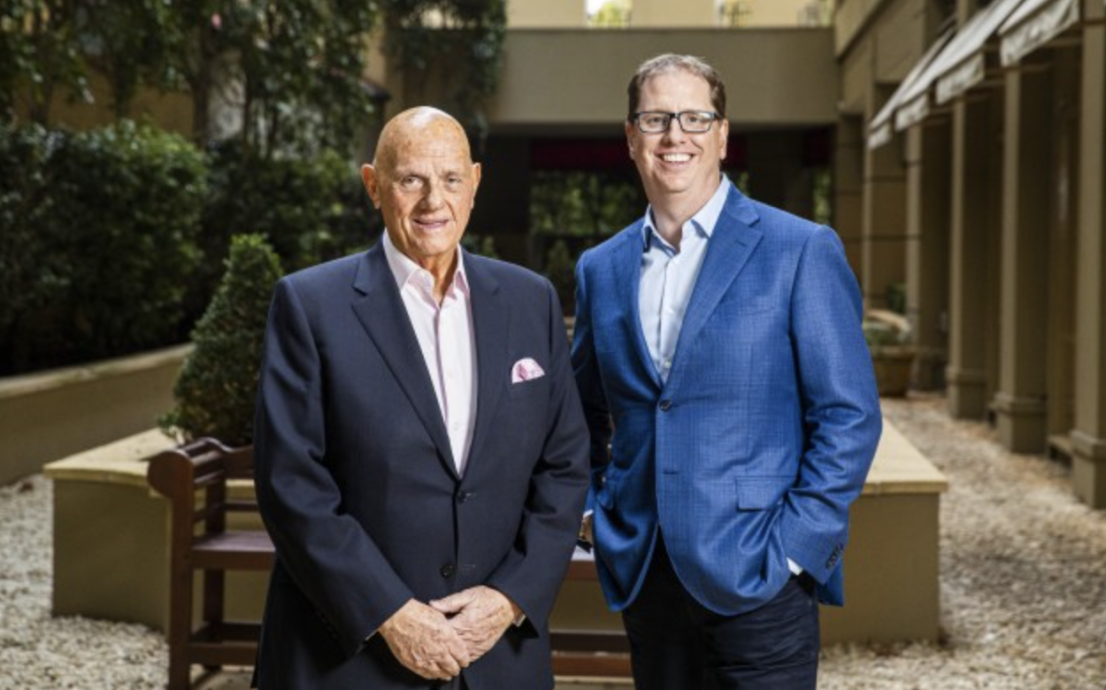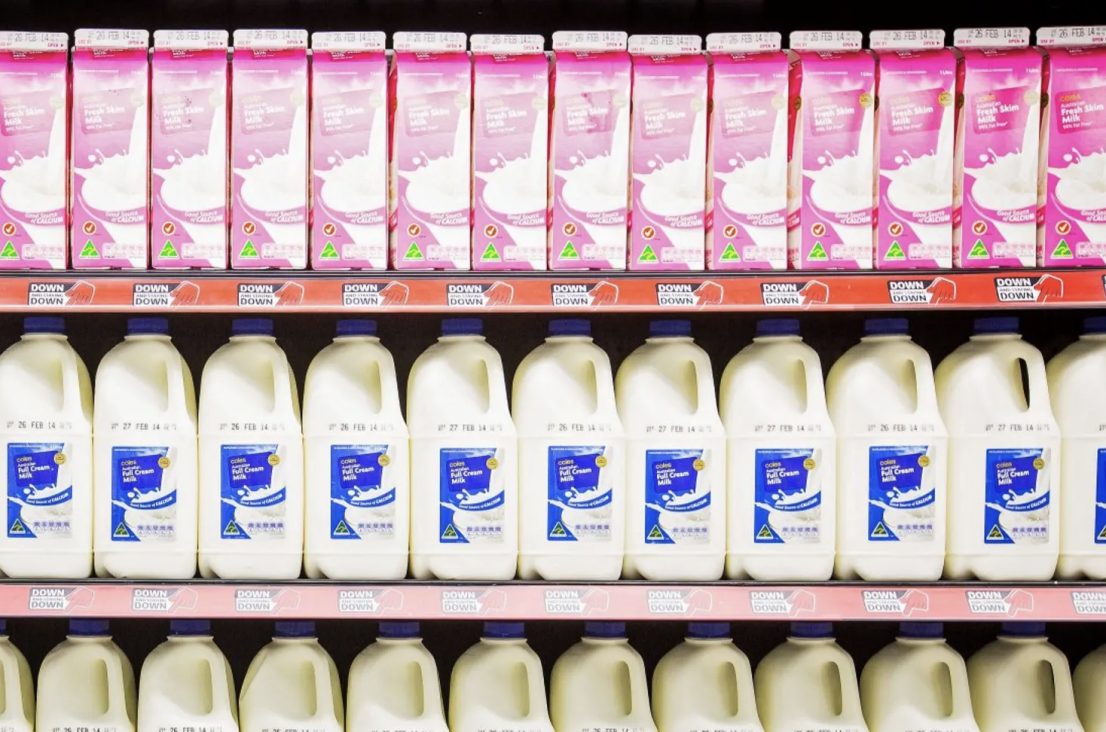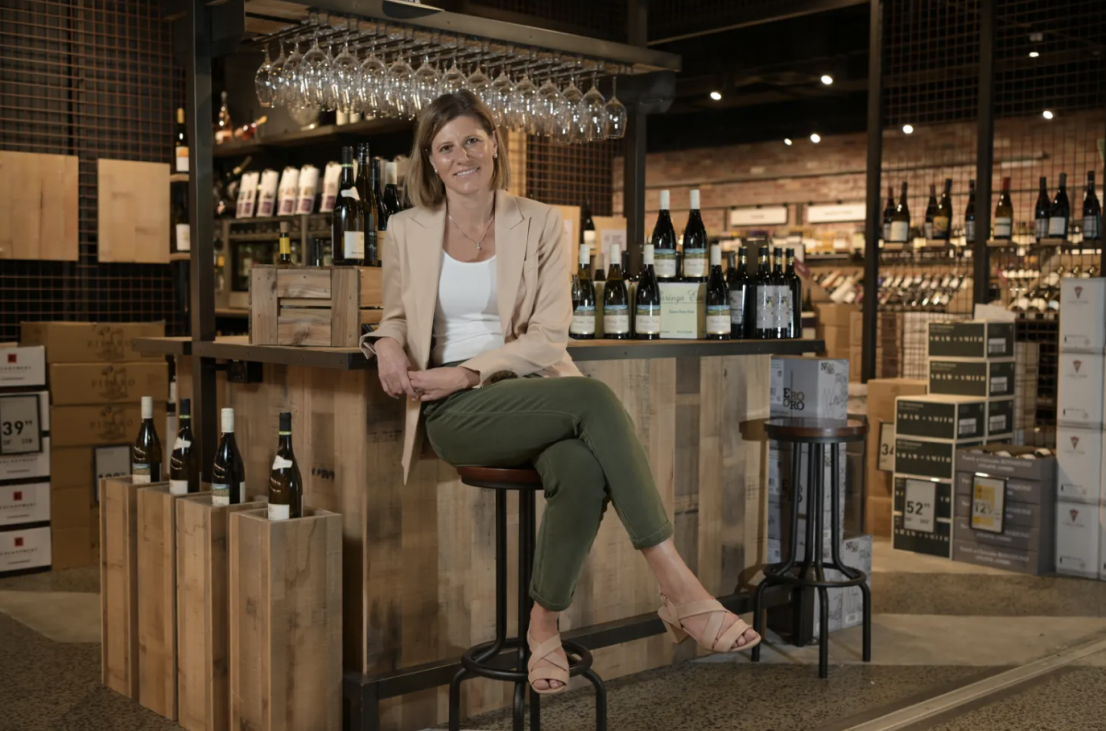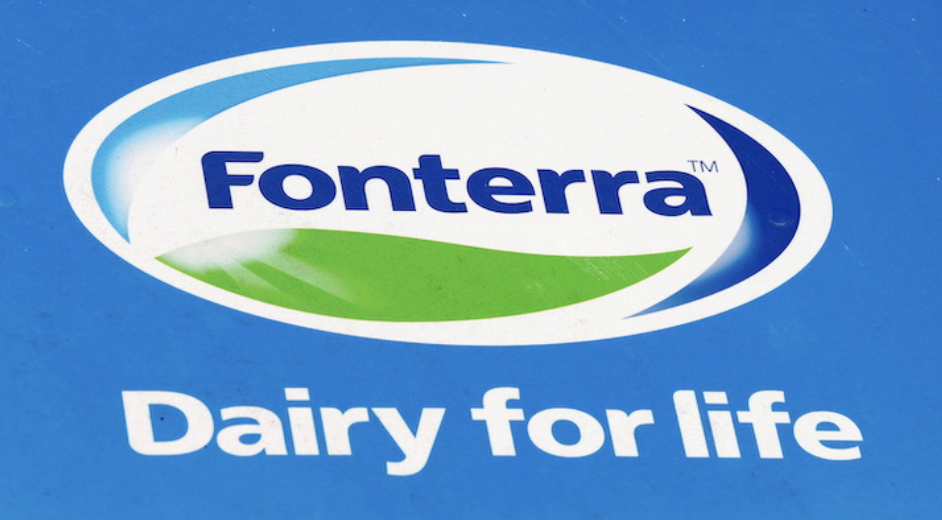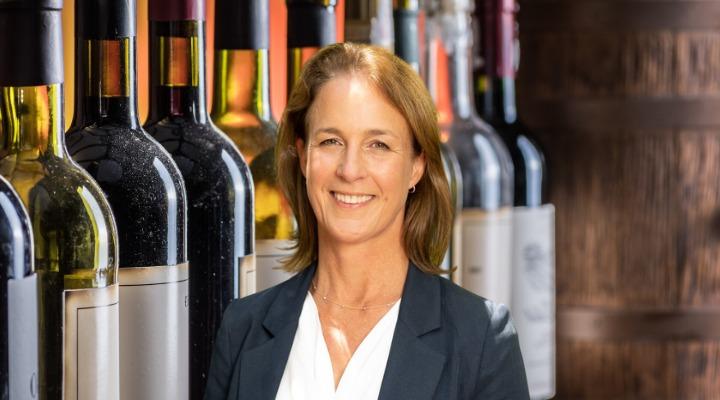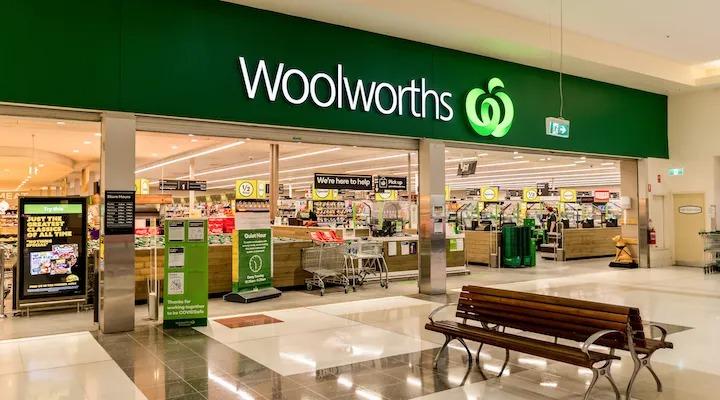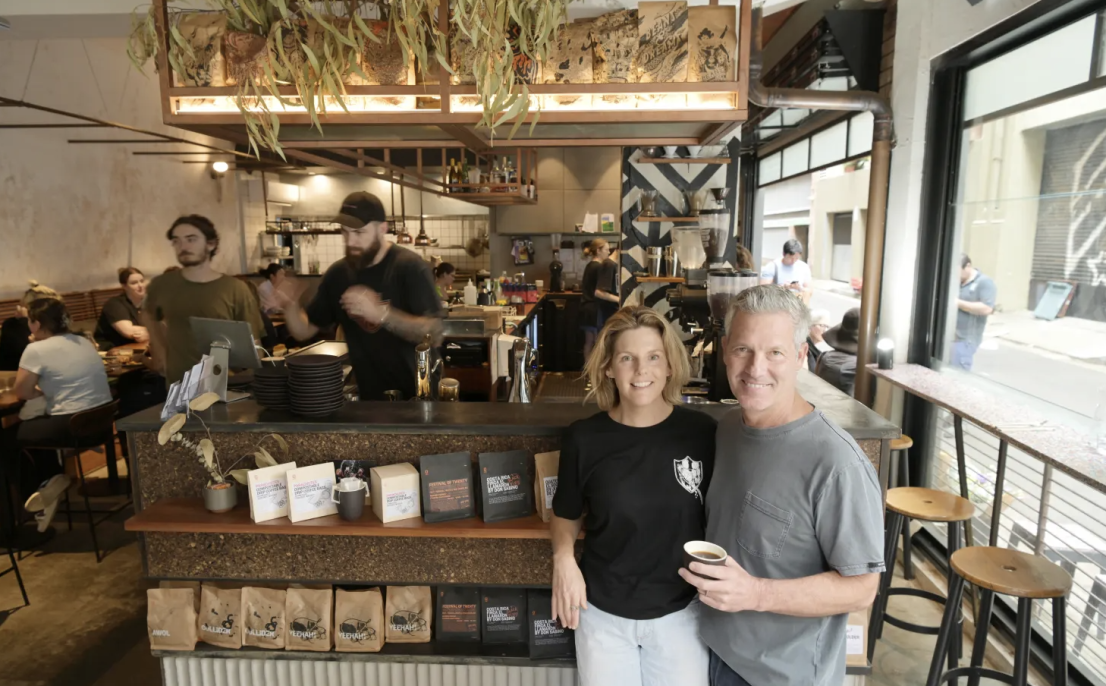
Sydney specialty coffee roaster Single O has never stayed still for very long.
Set up in 2003 by co-founders Emma and Dion Cohen in the heart of Surry Hills, at a time when coffee beans came in generic, scantly marked bags imported from Italy, Single O has been a pioneer in raising appreciation of bean flavour profiles from a particular region and driving the harbour city’s sophisticated coffee culture.
But before they made a name for themselves, many of their first customers were Surry Hills locals – as well as some of the biggest names in the dining industry, including Kylie Kwong, Matt Moran and Peter Gilmore. Many of these early patrons are still customers.
“They could see what we were doing,” says Emma of the industry chefs. “It’s like trying to explain that the piece of meat they put on a plate was similar to the coffee you’re serving in a cup,” interjects Dion.
“We worked really hard, with a lot of grassroots talking, to build up a community within a year. They may be into wine, or they may have understood craft – just quality lovers [who] understood,” Emma finishes.
Over the past 20 years, they’ve helped popularise different forms coffee (the pair estimate black coffee consumption has risen from 2 per cent to about 30 per cent) and now supply coffee beans to hundreds of cafes around the country (they were hesitant to provide an exact number but said one in every four venues named in last year’s Good Food Guide was a customer).
Single O – a shortened version of “Single Origin” given by customers and then formally adopted by the Cohens – has won a loyal following thanks to their penchant for breaking the rules, often their own. In the early days they prided themselves on their deliberately plain coffee bags that didn’t feature their logo or branding (“it was about what was in the bag”).
Then they changed their mind, and didn’t look back. The coffee bags have become a canvas for local artists, many of whom approach Single O themselves. Other innovations have also set them apart: the duo pioneered The Juggler, the hot milk dispenser installed by some cafes, which reduces waste by about 80 per cent.
Then there is the world-first self-serve batch brew bar, inspired by beer taps, designed to help filter coffee lovers skip the queue. Coffee is also integrated into the menu in creative ways; Single O’s banana bread is served with warm coffee-infused butter. Then in the middle of the pandemic, Single O set up its first international cafe in Tokyo and now supplies its beans to over 100 cafes in Japan, a difficult market for Western businesses to crack.
“Take something that people are familiar with … and go, well, surely there must be a better way,” says Dion. “We’re not very good at cookie-cutter,” Emma adds.
The roaster’s mercurial nature is why the Cohens are largely unconcerned about sales volumes amid economic storm clouds and tightening household budgets that have already begun to hurt consumer spending. After all, Single O practically sailed through the 2007/08 global financial crisis.
“We did not see a dip. If anything, we grew,” they said. “People stuck to quality, they appreciate something that’s important to them. It’s not $50, it’s three or four or five bucks.”
Like every other retailer, Single O has seen prices of everything increase across the board; Dion rattles off a laundry list, from the price of beans to the price of freight, energy, wages, and rent. Across the country, countless cafes have lifted coffee prices to offset the higher costs.
Single O was no exception – in fact, they were one of the earliest to move. But rather than being apologetic about it, they got loud.
“We took a stance to be quite vocal about that on our channels,” said Emma. “We stand to make sure the cafes we support survive. You gotta put the price up. We can’t control inflation,” added Dion.
Guided in large part by “grassroots insights” and “gut instinct”, the pair’s commitment to maintaining coffee quality and being very picky about the cafes they supply to (among a dozen enquiries a week, they might pick one) has seen them earn loyalty among customers and staff alike and provided a buffer during the COVID lockdowns.
The duo has attracted a strong management team of “black sheep” from the corporate sector, former employees of coffee behemoths Nespresso and JDE Peet’s. Overseeing operations is general manager Michael Brabant, a former brand manager at ASICS and Bacardi, who has just notched six years with the specialty coffee roaster.
As the business celebrates its 20th anniversary, the Single O co-founders aren’t quite sure which way the wind will blow or where that will take them. But they are sticking to their guns.
“It pays to be different. In more ways than one,” the Cohens say in the same breath.
“You don’t always have to act like a business to attract more business.”
